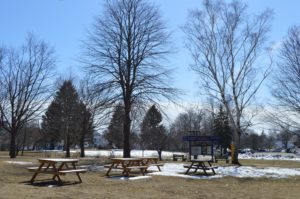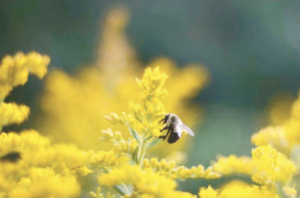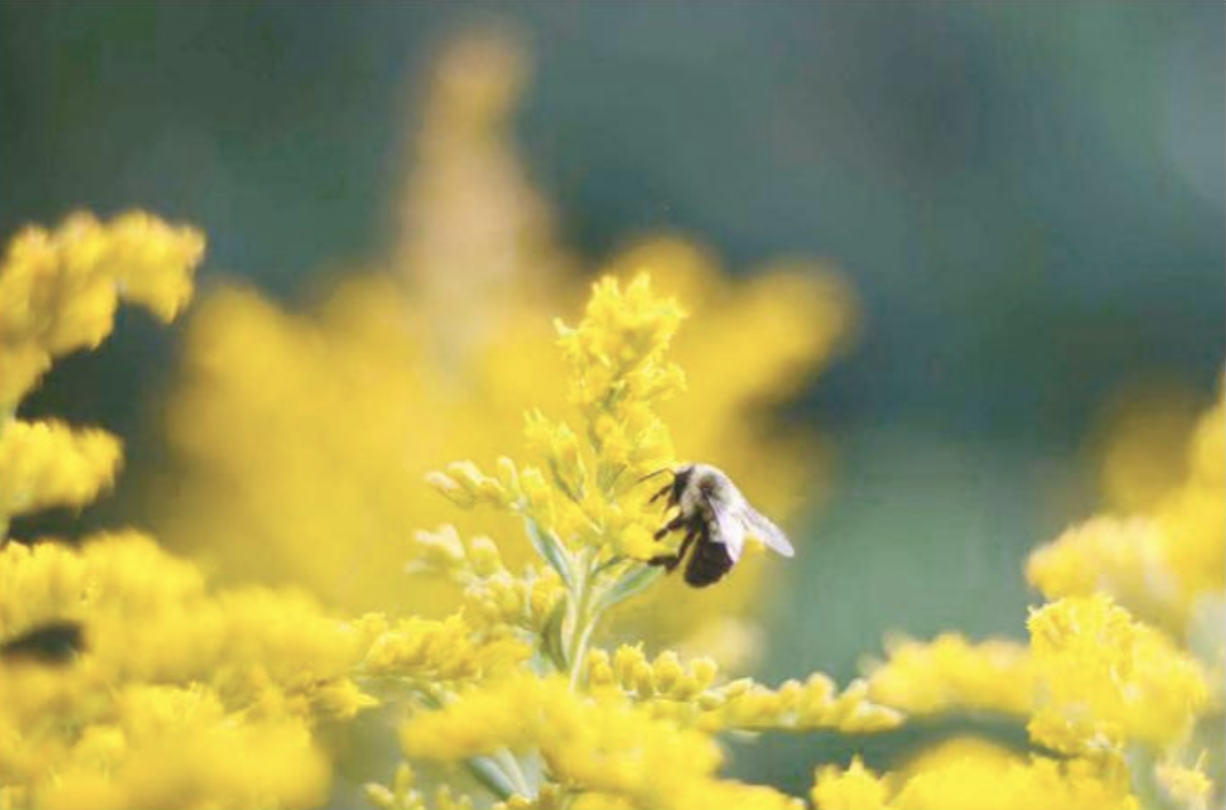By Ben Theriault, Staff Writer
As spring slowly arrives to campus this year, students are starting to be able to find themselves comfortably outside again. The need for students to go outdoors is important—In 2015, Stanford University found that nature is a potential remedy for mental illness. A 90 minute walk in the woods can improve mood, memory function and symptoms of anxiety.
This effect is not only restricted to forests; any green space (an area of grass and trees used for recreation in an otherwise urban environment) can potentially be enough to produce positive mental health effects, given that the area is well-maintained and healthy. Whether one is hiking in the woods or sitting on a soccer field there could be potential benefits.
Luckily for USM students there is a fair amount of lush area around campus. The USM woods in Gorham are a wonderful resource that should be explored by students, which includes walking paths. The hills by Robie-Andrews or the picnic tables by Upton-Hastings are great places to get outside of the dormitories and get work done.

For those on the Portland campus, they utilize the picnic tables on the lawn between Luther Bonny and Payson-Smith. Also in Portland, Deering Oaks Park is just a 15 minute walk from campus and the entire Eastern Promenade waterfront nearby is gorgeous. Portland is also surrounded by plenty of beaches, either to take a stroll along the shore or to lay out in the sun. One of the many options to choose from includes Kettle Cove Beach in Cape Elizabeth, just a short drive from the Portland campus.
Getting outside in the spring is especially important for those that find themselves depressed throughout the winter. The American Psychiatric Association estimates that between 1 and 10 percent of all Americans feel more depressed during the winter. For some, these feelings can be incredibly severe.

A form of depression known as Seasonal Affective Disorder (SAD) impacts over 10 million Americans every year, or nearly 5 percent of the U.S population. The disorder is more common in women, who account for four-fifths of all diagnoses. Unfortunately for Mainers, those farther away from the equator are at a heightened risk for developing SAD.
SAD is a depressive disorder associated with changing seasons. Commonly referred to as the “winter blues,” SAD is diagnosable after a person feels intense feelings of: depression, anxiety, mood fluctuations, issues with sleep, irritability and changes in sexuality for two consecutive winters. Unfortunately, SAD is often difficult to differentiate between other forms of depression. Specific symptoms that set it apart from other forms of depression are: craving for carbohydrates, increased appetite, excessive sleepiness and weight gain.

There are a couple hypotheses for the cause of SAD. The levels of serotonin—a natural neuro-chemical associated with mood, appetite and sleep regulation—in certain individuals may be directly correlated to the shorter days and lack of sunlight and therefore decrease during the winter.
Melatonin—a hormone that regulates sleep and wakefulness—is also influenced by the lack of light. The hormone is released in greater amounts in darkness, which is responsible for chronic fatigue in victims of SAD. Fluctuating melatonin levels can potentially disturb an individual’s biological clock. These changes often do not properly correspond with external clocks and thus negatively affects their lives.
Although there is no cure for SAD, certain proactive choices can be made to help alleviate the symptoms. There has yet to be solid scientific evidence, but psychiatrists have found that light therapy (extended exposure to brightly lit boxes) has assisted 85 percent of those diagnosed. SAD is treated in conventional ways as well; for some therapy and/or medication is the best way to handle it.
Getting help managing SAD symptoms is important: approximately 20 percent of people with a depressive disorder also struggle with substance use. Addiction and depression can potentially escalate together. Often as depression worsens, reliance on substances increases, which then cycles back to strengthening the depression.
If you or someone you know struggles with SAD or any other type of mental illness, do not hesitate to seek help. Seek nature, but also pair this with professional medical advice. Many resources are available on campus; the Portland counseling office can be reached at 207-780-4050, the Gorham office can be at 207-780-5411, and the National Suicide Prevention Lifeline is available 24/7 at 1-800-273-8255.

